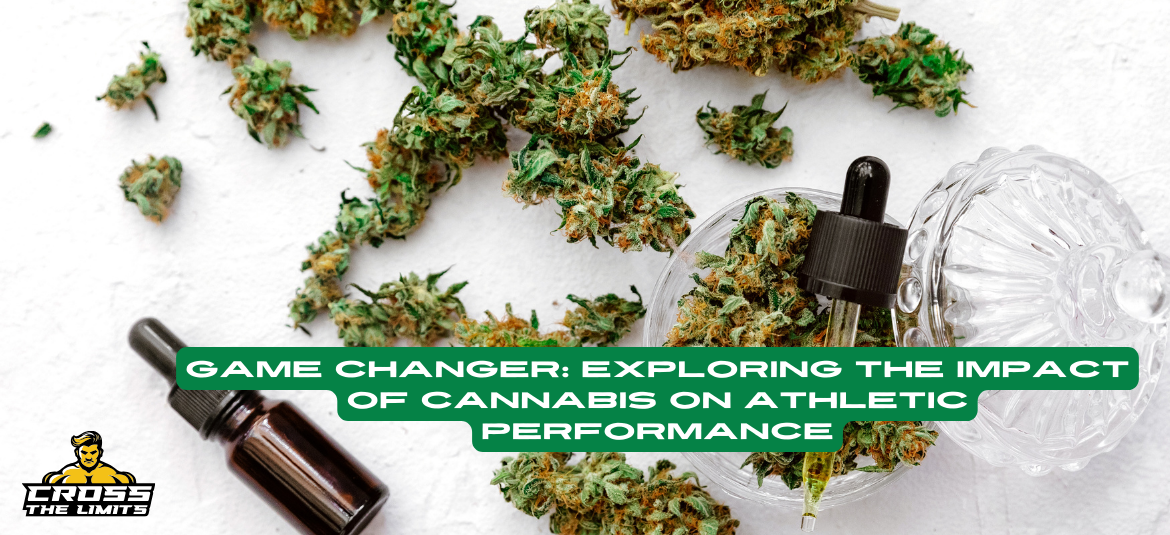
DMAA banned, but can it be bought ?
DMAA banned, but can it be bought?
The use of stimulants with psychoactive effects has been something familiar for many years. You do not even have to look for them for a long time because no significant problems are finding the needed drug. Even if we are talking about substances considered illegal, they are on the market unofficially. The enigmatic sounding names DMMA, geranamine, 1,3 dimethylamine, methylhexaneamine, or 4-methyl hexane-2-amine all mean the same thing. It turns out that it is an agent patented as early as the 1940s. It was one of the pharmaceuticals whose overriding function was to eliminate nasal congestion. Currently, DMAA has been withdrawn in many countries, but it has become trendy in bodybuilding among athletes. Geranamine is identified as a broad-spectrum stimulant. It is time to learn a little more about it.
DMAA illegal, but can it be bought everywhere? How is it possible?
 Geranamine has long since ceased to be a drug and has been recognized as a stimulant and found on the anti-doping list. It can be found in many supplements for athletes, primarily in pre-workout formulas and so-called fat burners. As long as DMAA was used in a controlled manner in sports, there were no problems. Unfortunately, more and more people began to exploit its stimulant effects, and over time DMAA became a trendy psychoactive drug. As it was widely available, this made it easier to distribute. It began to be abused, used for entertainment, intoxication, and as a legal drug. You could get DMAA in almost every nightclub and disco. The interest in this drug was that it began to act like norepinephrine once it entered the bloodstream. It didn’t take long for DMAA to be banned from use in dietary supplements. Preparations containing it were ordered to be taken off the market because the alkaloid was considered harmful to health. In 2012, methylhexanamine was declared a doping substance and banned from use in sport. Supplements containing it were withdrawn in both the US and Europe. Although DMAA is still available for sale, its prevalence is decreasing year after year due to regulations.
Geranamine has long since ceased to be a drug and has been recognized as a stimulant and found on the anti-doping list. It can be found in many supplements for athletes, primarily in pre-workout formulas and so-called fat burners. As long as DMAA was used in a controlled manner in sports, there were no problems. Unfortunately, more and more people began to exploit its stimulant effects, and over time DMAA became a trendy psychoactive drug. As it was widely available, this made it easier to distribute. It began to be abused, used for entertainment, intoxication, and as a legal drug. You could get DMAA in almost every nightclub and disco. The interest in this drug was that it began to act like norepinephrine once it entered the bloodstream. It didn’t take long for DMAA to be banned from use in dietary supplements. Preparations containing it were ordered to be taken off the market because the alkaloid was considered harmful to health. In 2012, methylhexanamine was declared a doping substance and banned from use in sport. Supplements containing it were withdrawn in both the US and Europe. Although DMAA is still available for sale, its prevalence is decreasing year after year due to regulations.
This raises the question of whether DMAA is actually something dangerous that should be avoided. How could such a popular substance suddenly become harmful to health? The unflattering reputation and reproduction of myths about DMAA are at work here. Numerous abuses and overdoses have contributed to the demonization of a safe substance. Even water drunk in excessive amounts can contribute to health problems and even loss of life. Smoking cigarettes or drinking alcohol is definitely more dangerous to your health than proper supplementation with DMAA. Not to mention commonly prescribed medications – not just opioids, but even antidepressants or painkillers. These have more side effects than DMAA – if you experience any adverse symptoms, simply discontinue them, and they will go away on their own. There have even been various studies done on the harmfulness of DMAA. They clearly show that the risk of harmful effects is shallow. Unfortunately, DMAA has legally treated the same way as many other addictive substances with psychoactive effects such as ephedrine.
What is worth knowing about DMAA?
 DMAA affects the nervous system and enhances thermogenesis, but in most cases, the fear of adverse side effects is unfounded. With sensible supplementation, you can count on several benefits rather than negative health consequences. The mechanism of action of methylhexanamine cannot be clearly established, but it is estimated to be similar to the properties of drugs used to treat neurological diseases. In short, DMAA contributes to an increase in norepinephrine in the bloodstream, which hurts the function of the central nervous system. It sounds pretty complicated and threatening, but you can expect many benefits – improved concentration and exercise ability increased energy and heat production, and accelerated metabolism. DMAA is a stimulant that additionally enhances fat burning, intensifying the phenomenon of thermogenesis.
DMAA affects the nervous system and enhances thermogenesis, but in most cases, the fear of adverse side effects is unfounded. With sensible supplementation, you can count on several benefits rather than negative health consequences. The mechanism of action of methylhexanamine cannot be clearly established, but it is estimated to be similar to the properties of drugs used to treat neurological diseases. In short, DMAA contributes to an increase in norepinephrine in the bloodstream, which hurts the function of the central nervous system. It sounds pretty complicated and threatening, but you can expect many benefits – improved concentration and exercise ability increased energy and heat production, and accelerated metabolism. DMAA is a stimulant that additionally enhances fat burning, intensifying the phenomenon of thermogenesis.
It is essential not to take DMAA for an extended period, but only temporarily, not exceeding the recommended doses. Otherwise, you have to reckon with a decrease in the effectiveness of the substance and an increased risk of side effects. DMAA affects the nervous system, which is why its use may lead to psychological disorders, including depressive states. It is not usually used as a single substance but is combined with other ingredients. The use of DMAA can contribute to a worsening of mood, the occurrence of feelings of anxiety, irritability. Initially, agitation, even a state of euphoria, is observed, but with each subsequent dose, more and more undesirable symptoms can be noted. The risk of overdose is low; you would have to use large amounts for a long time – unless you combine DMAA with other stimulants and drugs. When deciding to take methylhexanamine, you have to take into account the possibility of adverse side effects. These include increased heart rate, increased blood pressure, decreased libido, or sleep problems, including insomnia. Adverse health consequences are indeed unavoidable with DMAA abuse. However, permanent health damage is not the only problem; in extreme cases, loss of life is possible.



